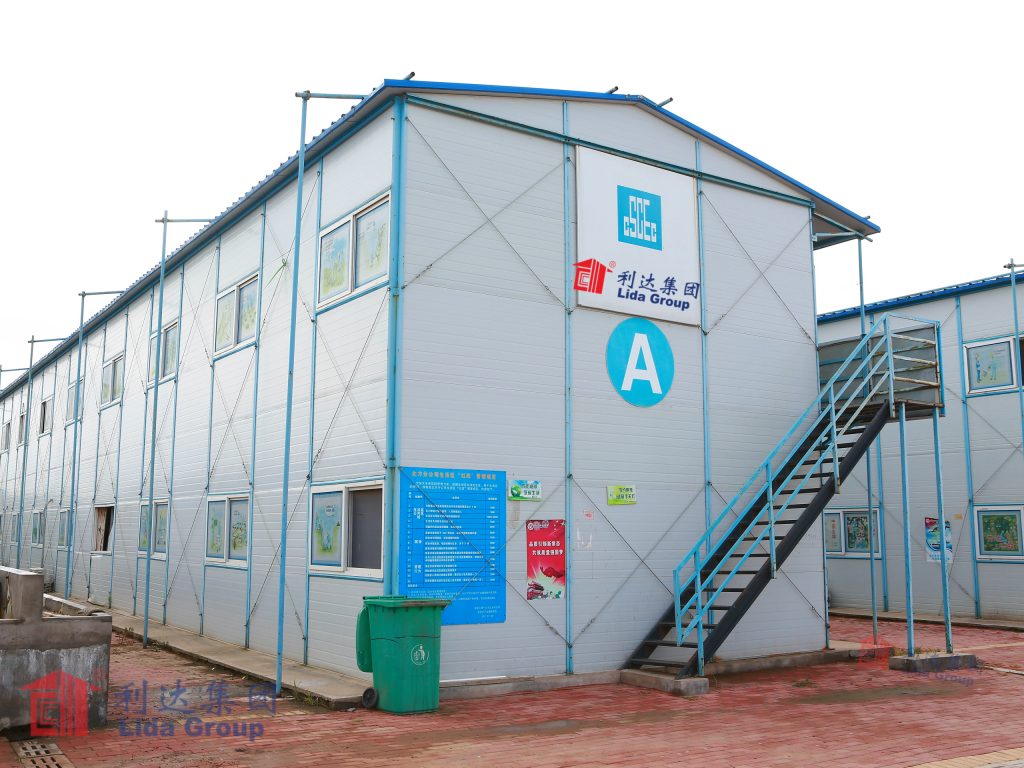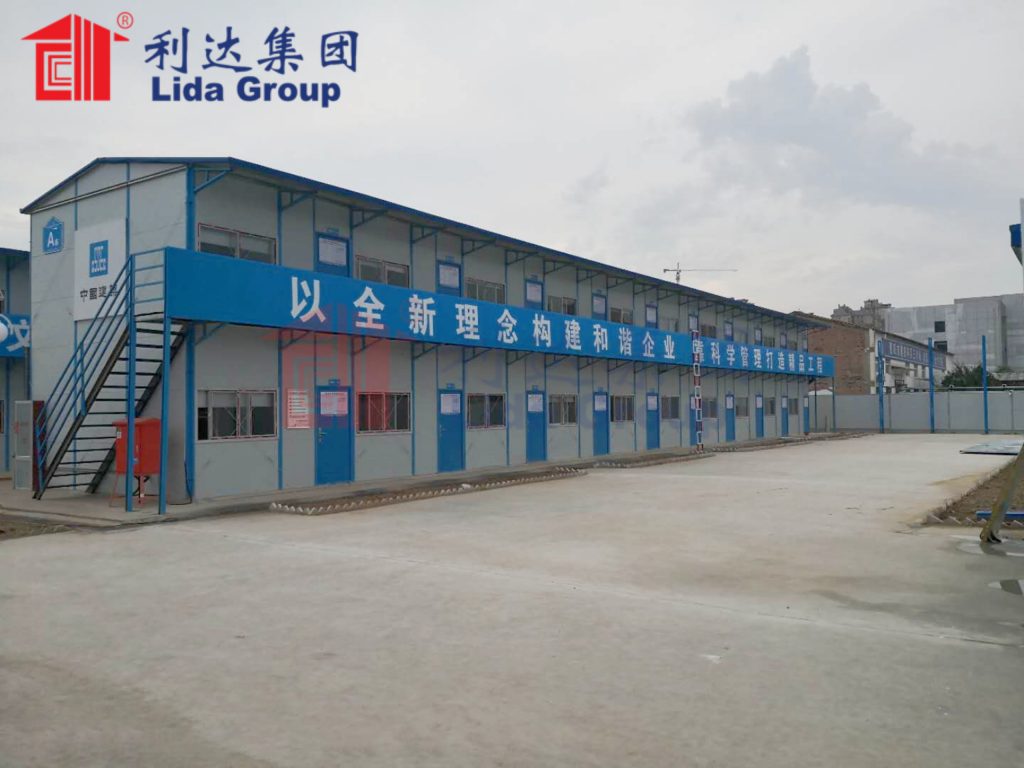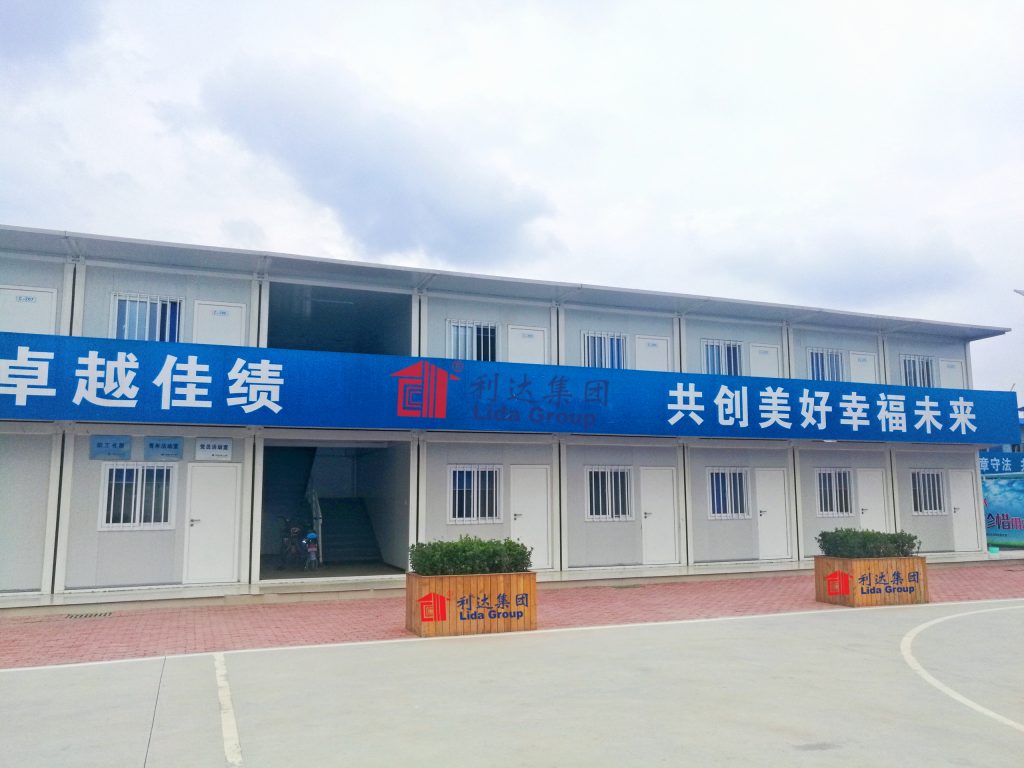As global demand surges for fast, affordable and sustainable housing, prefabricated modular construction presents immense potential to address escalating needs through mass-customized solutions. However, for many regions maximal socioeconomic impact requires localized production empowering community self-sufficiency and cultural sensitivity. Recognizing such factors, Chinese modular construction giant Lida Group has increasingly partnered with organizations worldwide to establish localized modular component factories. A recent journal examines these pioneering partnerships aimed at facilitating localized customization of Lida Group’s patented modular building systems utilizing durable insulated composite panels for optimized local impact.
Lida Group‘s proprietary panel material comprises an eco-friendly honeycomb core bonded between water-resistant oriented strand board skins, delivering exceptional strength, insulation and weather resistance critical for durable affordable housing. Panels connect to assemble complete modular buildings featuring customizable exterior cladding and interior layouts. Foundations utilize proprietary movable subframes enabling future relocation or expansion. To maximize accessibility, Lida Group pioneered partnerships establishing localized modular component factories semi-or fully-owned by partner organizations and workforce. Factories license Lida Group’s patented technologies while empowering localized management, hiring, product customization and quality control optimized for distinct community contexts.

The first partnership detailed established Africa’s first insulated composite panel factory in rural Tanzania through collaboration between Lida Group, a local university and community development NGO. Targeting remote villages lacking skilled labor, simplified designs utilized fewer standardized panel sizes streamlined for assembly by untrained local teams. Factory ownership and management transferred entirely within 3 years as workforce graduated the university’s first prefabrication technician program. Strict quality ensure adherence to international building codes while maximizing local materials sustainably. Today over 600 customized modular homes, schools and clinics adequately house thousands in previously underserved regions.
A second partnership saw Lida Group outfit Brazil’s first panel factory operated through joint-ownership with an indigenous tribe determined to regenerate devastated ancestral lands after logging. Factory staff prioritized hiring tribal members regardless of experience to curb socioeconomic disparities. Standardized modular homes, community facilities and small businesses tailored to traditional lifestyles empowered cultural restoration. Feedback loops optimized locally-sourced natural fiber panel facings reducing environmental impact. Stringent monitoring confirmed designs surpassed durability of makeshift structures formerly compromising public health while restoring tribal dignities and livelihoods.

Another landmark partnership addressed Southeast Asia’s chronic postwar housing shortages. Lida Group collaborated directly with national governments to establish semi-autonomous localized component factories supplying standardized yet customizable refugee/IDP settlements and workforce housing projects. Skills training academies upskilled thousands annually. Comprehensive surveys found occupants strongly preferred permanent dignified modular accommodations to temporary shelters, feeling hopeful for futures as refugee crises dragged into decades. Socioeconomic indicators increased as communities stabilized versus prior deprivations, exemplifying localized partnerships’ potential for sustainable development in protracted displacement contexts.
Common across highlighted cases, consistent benefits emerged from localized partnerships’ empowerment models. Tailored designs optimized functionality, affordability and climate suitability for users. Community partnership ownership structures promoted long-term self-reliance versus perpetual aid-dependency. Prioritizing local hiring transferred job opportunities boosting livelihoods. Strict international construction guidelines ensured occupant safety while maximizing localized materials, skills and aesthetics for cultural sensitivity. Adaptive feedback loops localized ongoing optimizations. Flexible modular construction accelerated housing delivery at scales demanded to regenerate underserved communities rapidly. Ongoing multi-year impacts surveys confirm partnerships sustainably transformed living standards through dignified permanent housing versus temporary shelters alone.

As highlighted, these pioneering localized partnership models between Lida Group and partner organizations worldwide have unequivocally optimized socioeconomic impacts from prefabricated modular construction. By empowering localized ownership and operations of component factories within standardized technological frameworks, communities gain long-term capacity for self-sufficiency through dignified housing, skills development and livelihood opportunities. Modular flexibility and mass-customization maximize cultural sensitivities crucial to sustainable regeneration outcomes. Journal assessment agreed such localized empowerment models could revolutionize global housing delivery through optimized accessibility, community participation and long-term self-reliance if scaled proactively. These pioneering cases exemplify a new paradigm for strategic partnerships maximizing socioeconomic impacts from modular solutions.
In summary, the journal’s examination of Lida Group’s growing network of localized partnerships establishing component factories for modular construction has demonstrated unequivocal advantages for optimizing community impacts in diverse international contexts. By transferring ownership and empowering localized management, hiring, customization and quality within standardized technological frameworks, these partnerships sustainably develop long-term community self-sufficiency. Tailored modular designs and construction techniques maximize cultural sensitivities, functionality, affordability, environmental stewardship and occupancy standards to regenerate underserved regions rapidly at scales demanded. Assessment agreed wider proliferation of such localized empowerment models could revolutionize global housing delivery through strategic community-driven mass-customization. These pioneering cases exemplify optimized partnerships as paramount to maximizing socioeconomic returns from modular technologies.

Related news
-
Researchers evaluate prototypes for relocated prefabricated housing created using Lida Group's light insulated composite panel construction system integrated with movable foundations.
2024-08-19 11:21:48
-
White paper evaluates the potential for local manufacturers to mass-produce customizable building panels, roof trusses and wall frames suited to Lida Group's steel-framed prefabricated construction systems.
2024-08-16 15:50:29
-
Technical paper analyzes the extreme weather resilience and versatility achieved in applications of Lida Group's pre-engineered standardized steel construction solutions to agricultural and agro-industrial facilities.
2024-08-16 14:56:18
contact us
- Tel: +86-532-88966982
- Whatsapp: +86-13793209022
- E-mail: sales@lidajituan.com


